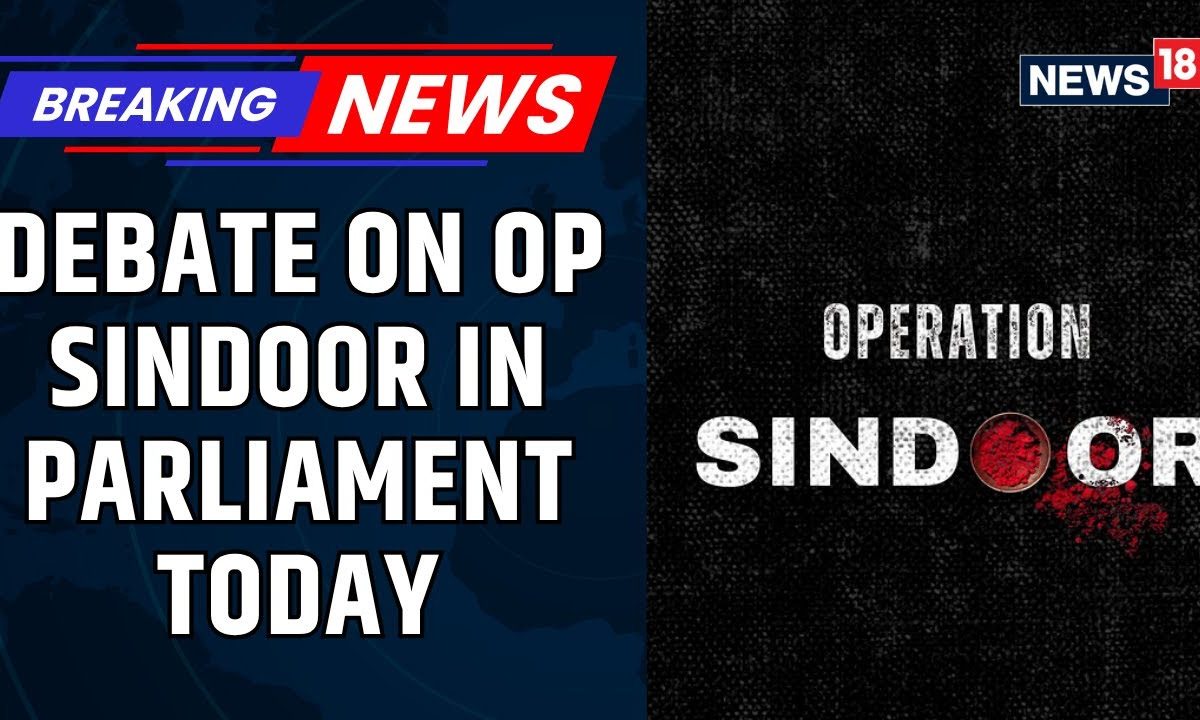

Parliament is set to witness a potentially fiery debate on "Operation Sindoor" following the Question Hour, according to Congress sources. This development comes after days of uproar and disruptions in both the Lok Sabha and Rajya Sabha, as the opposition demanded an immediate discussion on the military operation and the Pahalgam terror attack. The government has agreed to a 16-hour special discussion on the matter, signaling a willingness to address the concerns raised by the opposition.
"Operation Sindoor" has become a focal point of contention between the ruling and opposition parties. The Prime Minister Narendra Modi hailed the operation as a resounding success, a "Vijay Utsav" (victory celebration) that showcased the strength and precision of India's armed forces. Modi stated that the objectives of "Operation Sindoor" were "achieved with 100% success" in a mere 22 minutes, neutralizing terrorists within their own hideouts.
Conversely, the opposition has been critical, raising questions about the operation's true impact and demanding greater transparency and accountability from the government. Some opposition leaders have accused the government of stifling their voices and avoiding a substantive discussion on national security and foreign policy. Rahul Gandhi, a prominent figure in the Congress party, has faced criticism for his limited engagement in parliamentary debates, with some questioning his commitment to the issue.
The Business Advisory Committee (BAC) has allocated a significant amount of time for the "Operation Sindoor" debate, indicating the importance the Parliament is placing on the issue. However, disagreements persist regarding the timing and scope of the discussion. The opposition had initially insisted that the debate begin immediately and that Prime Minister Modi respond personally. While the government has expressed its willingness to discuss all related issues, including the Pahalgam terror attack, they have not confirmed whether the Prime Minister will directly address the Parliament.
Several factors contribute to the intensity surrounding the "Operation Sindoor" debate. Firstly, the operation itself is a sensitive topic involving national security and military action against Pakistan-based terrorist outfits. Any discussion of this nature is bound to attract heightened scrutiny and political maneuvering. Secondly, there are claims made by the U.S. President Donald Trump, who stated that he brokered a ceasefire between India and Pakistan, adding another layer of complexity to the situation. The opposition seeks clarity on the implications of these assertions and the government's stance on foreign intervention in the matter.
The debate also comes at a time of heightened political tensions, with the opposition seeking to corner the government on various issues. Disruptions and adjournments have become commonplace in Parliament, reflecting the deep divisions between the ruling and opposition parties. The "Operation Sindoor" debate is, therefore, not only a discussion about a specific military operation but also a broader battle for political dominance and public opinion.
As the "Operation Sindoor" debate approaches, it remains to be seen whether the two sides can engage in a productive and meaningful discussion. The government is expected to defend the operation's success and highlight its commitment to national security. The opposition, on the other hand, is likely to press for greater transparency, accountability, and clarification on key aspects of the operation and related diplomatic engagements. The outcome of the debate could have significant implications for the government's standing, the opposition's strategy, and the overall political climate in the country.